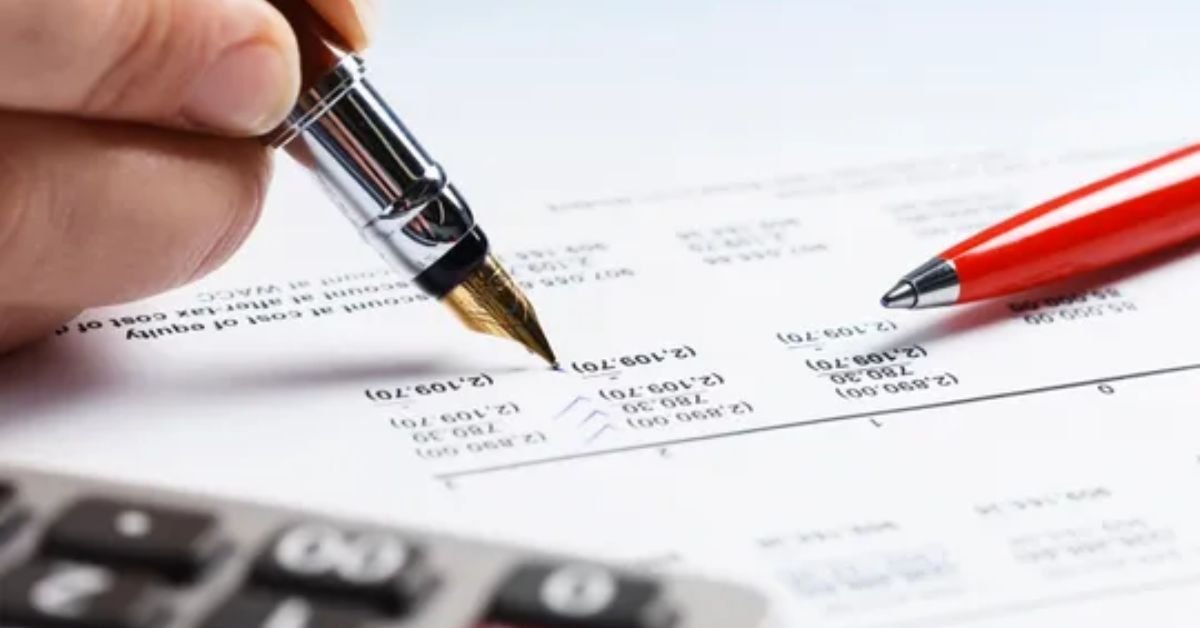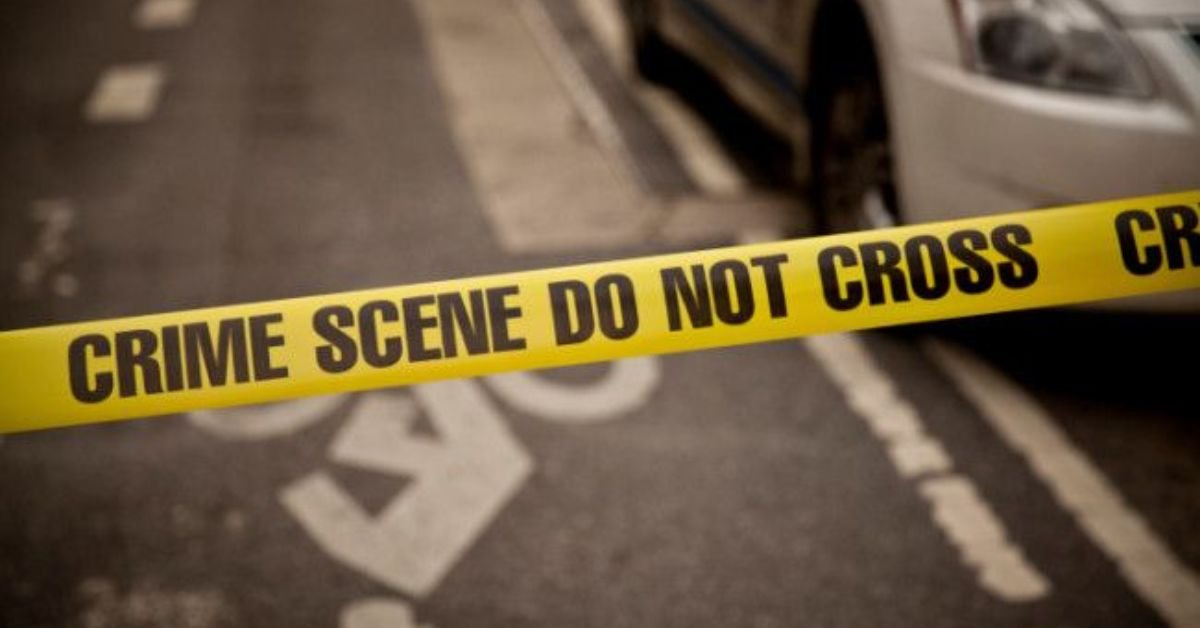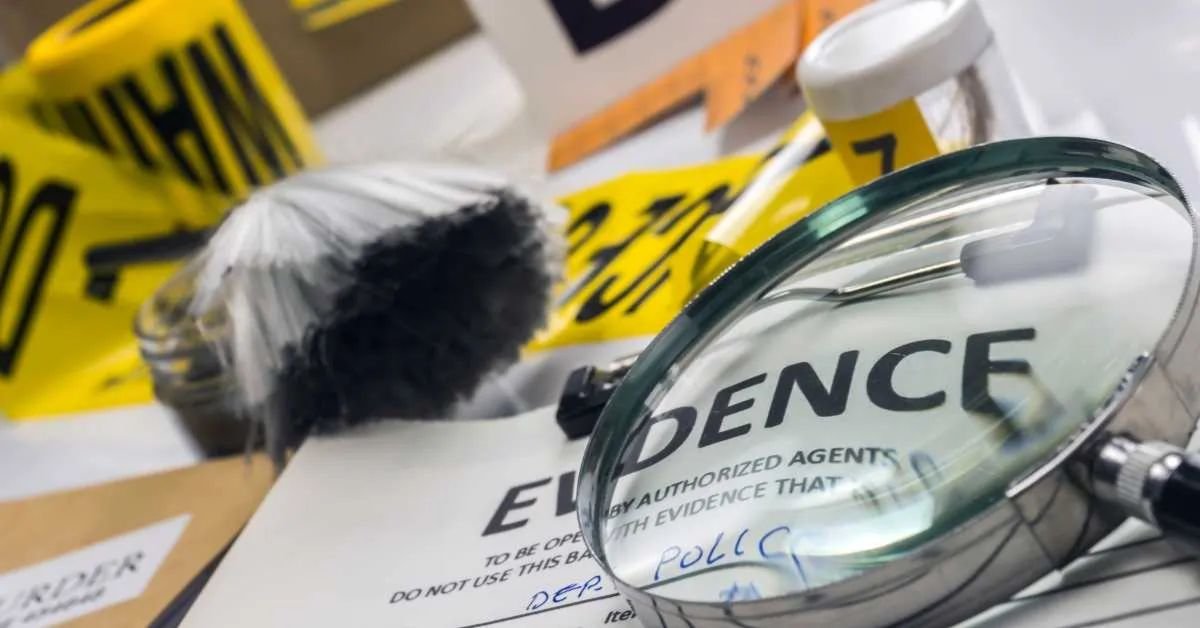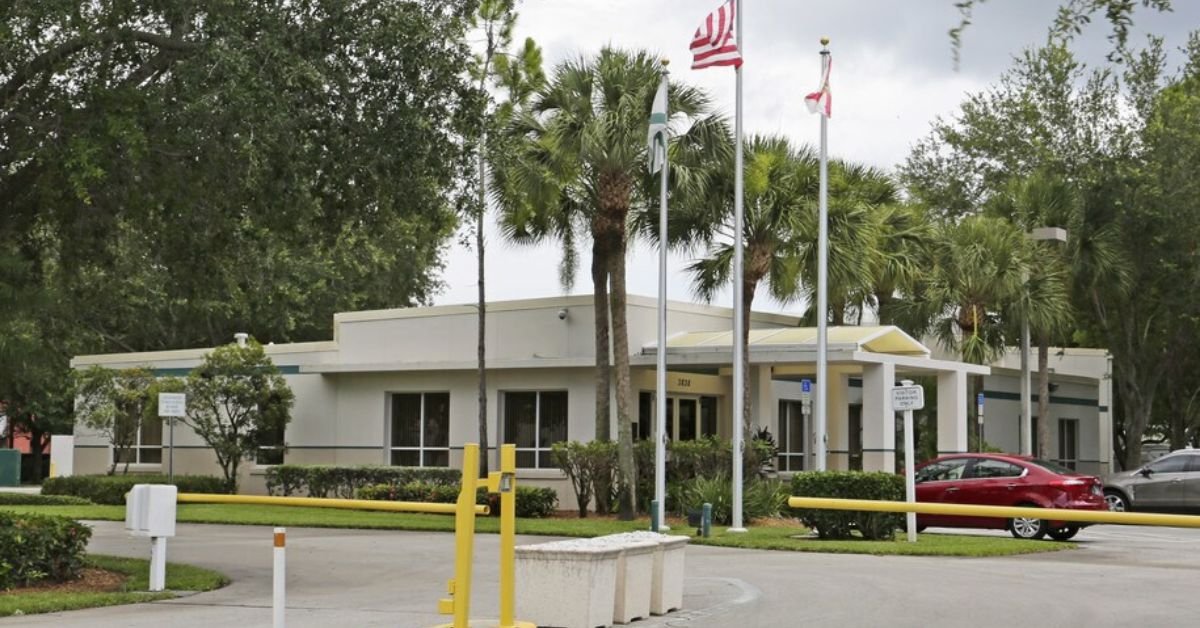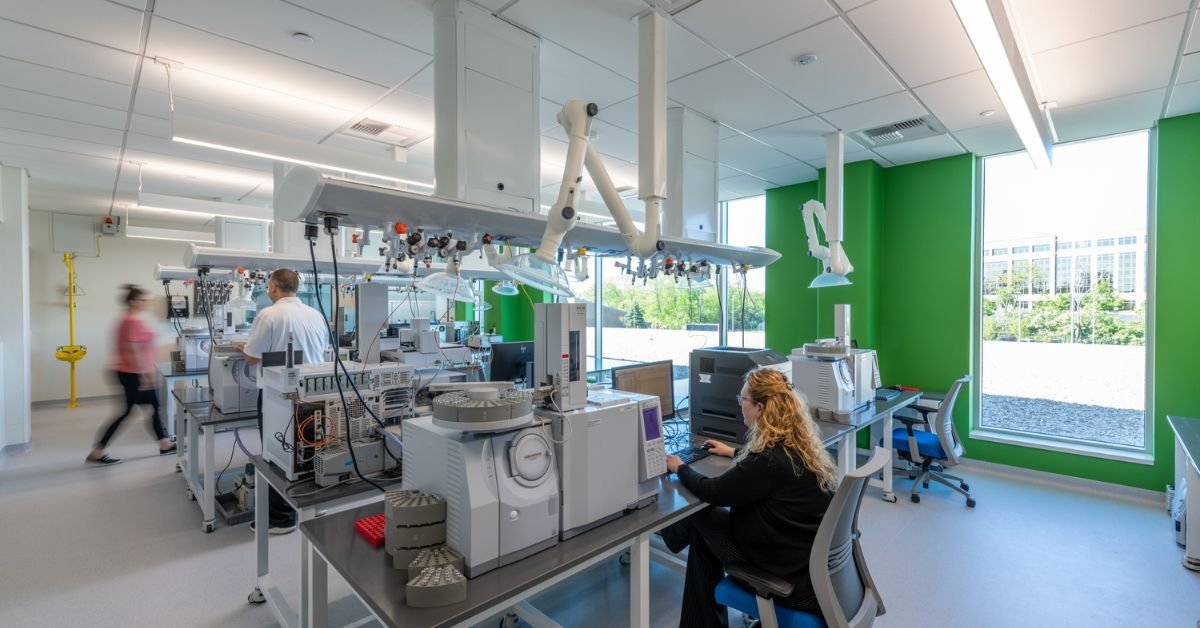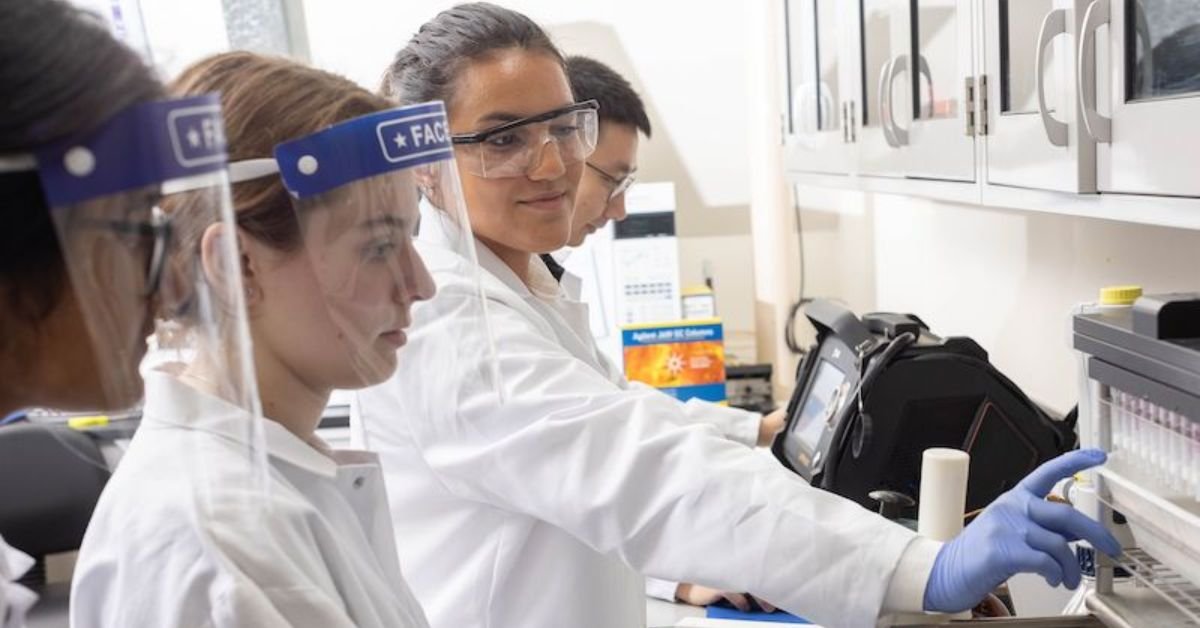Forensic science plays a critical role in Florida’s criminal justice and medicolegal systems. To ensure the reliability, admissibility, and integrity of forensic evidence, the state has adopted a combination of statutory mandates, administrative rules, and professional standards. These govern how evidence is collected, processed, preserved, and presented in legal proceedings. This article provides a comprehensive overview of Florida’s forensic standards and protocols, referencing applicable statutes, case law, regulatory bodies, and national guidelines integrated into the state’s forensic framework.
Statutory and Regulatory Foundations
1. Florida Statutes – Evidence Code (Chapter 90)
The Florida Evidence Code (Chapter 90, F.S.) governs the admissibility of forensic evidence in court. Specifically, Section 90.702, as modified to adopt the Daubert standard, requires that expert testimony—including forensic analysis—must be:
- Based on sufficient facts or data
- The product of reliable principles and methods
- Applied reliably to the facts of the case
This standard is crucial in determining whether forensic evidence such as DNA profiles, toxicology reports, ballistics comparisons, or fingerprint identifications can be presented at trial.
2. Florida Administrative Code – Vital Records and Medical Examiner Rules
Several rules from the Florida Administrative Code (F.A.C.), particularly under:
- Rule 64V – Pertains to vital records, including death certificates based on forensic pathology
- Rule 11D and 11C – Apply to forensic laboratory operations under law enforcement divisions
Oversight and Accrediting Agencies
1. Florida Department of Law Enforcement (FDLE)
FDLE oversees several regional forensic laboratories and establishes protocols for evidence handling, testing procedures, and expert testimony. All FDLE labs are accredited to ISO/IEC 17025 standards—internationally recognized criteria for forensic laboratory quality and competence.
FDLE’s forensic disciplines include:
- DNA and serology
- Drug chemistry
- Firearms and toolmarks
- Latent prints
- Toxicology
- Digital and multimedia forensics
FDLE also publishes Standard Operating Procedures (SOPs) for each discipline, which serve as statewide guidance.
2. Medical Examiner Commission (MEC)
Under Chapter 406, F.S., the Florida Medical Examiners Commission regulates the standards for death investigations. Medical examiners must follow protocols for scene investigation, autopsy performance, evidence collection, and toxicological analysis. These standards are codified in the Florida Guidelines for Death Investigations, periodically updated by the Commission.
Key Forensic Protocols1. Evidence Collection and Chain of Custody
- All agencies must maintain a secure and documented chain of custody from crime scene to courtroom.
- Collection must avoid contamination, degradation, or mislabeling.
- Standardized forms and barcoding systems are used to track movement and access to evidence.
2. Quality Assurance and Control
FDLE laboratories implement a Quality Assurance Program that includes:
- Internal audits and peer reviews
- Blind proficiency testing
- Calibration of instruments
- Documentation of non-conformities and corrective actions
The Quality Assurance Manual (QAM) must be updated regularly and comply with ISO/IEC 17025 and ANAB/ASCLD accreditation requirements.
3. Forensic Reporting Standards
Analytical results must be reported clearly, accurately, and in a scientifically defensible manner. Each report must:
- Specify methods used
- Include measurement uncertainty (where applicable)
- Provide conclusions based on validated criteria
- Identify the analyst and reviewer
Reports are subject to internal technical and administrative review before release.
Discipline-Specific Protocols
1. DNA Analysis
- Must follow FBI Quality Assurance Standards for Forensic DNA Testing Laboratories
- Florida participates in CODIS (Combined DNA Index System), and DNA labs must meet national databank requirements
- Biological evidence is preserved per Florida Evidence Preservation Statutes (F.S. §925.11)
2. Latent Print Examination
- Analysts must undergo training aligned with SWGFAST and IAI standards
- Print comparisons follow the ACE-V process (Analysis, Comparison, Evaluation, Verification)
3. Toxicology and Drug Chemistry
- Follows Scientific Working Group for Forensic Toxicology (SWGTOX) recommendations
- Uses validated instrumental methods like GC-MS or LC-MS/MS
- Chain-of-custody extends to blood, urine, or tissue specimens collected under medical examiner authority
4. Digital Evidence
- Florida’s cyber forensic units follow SWGDE (Scientific Working Group on Digital Evidence) protocols
- Examiners must use write-blocking tools, hash verifications, and maintain forensic integrity of digital media
Training and Certification Requirements
Personnel involved in forensic testing and crime scene response must:
- Complete approved training programs in their discipline
- Participate in continuing education and proficiency testing
- Maintain certification, where applicable (e.g., DNA analysts under FBI QAS, latent print examiners under IAI)
Agencies may require certifications from bodies such as:
- American Board of Criminalistics (ABC)
- American Board of Forensic Toxicology (ABFT)
- International Association for Identification (IAI)
Legal and Ethical Compliance
Florida requires that all forensic practices meet constitutional and procedural safeguards. Key areas include:
- Due Process: Forensic evidence must not be altered or fabricated. Improper lab procedures may result in evidence exclusion or case dismissal.
- Brady Disclosure: Any exculpatory forensic information must be disclosed to the defense.
- Expert Testimony: Forensic professionals must qualify under Fla. Stat. §90.702 and may be subject to Daubert hearings.
Failure to comply with established forensic standards may lead to:
- Suppression of evidence
- Professional sanctions
- Civil liability or criminal charges in cases of misconduct
Future Developments
Florida continues to modernize forensic protocols through:
- Implementation of Rapid DNA testing in booking stations
- Expansion of digital forensics labs to combat cybercrime
- Participation in national forensic science reform efforts
- Increased emphasis on bias mitigation and blind verification practices
Conclusion
Florida’s forensic standards and protocols are anchored in statutory law, scientific rigor, and national best practices. Oversight by FDLE, the Medical Examiners Commission, and accrediting bodies ensures that forensic evidence remains reliable, ethically produced, and legally admissible. Continuous advancements in technology and forensic science demand ongoing training, evaluation, and policy refinement to uphold the integrity of the state’s criminal justice system.
References
Florida Statutes, Chapter 90 – Evidence Code: http://www.leg.state.fl.us/Statutes/
- Florida Department of Law Enforcement – Forensic Services: https://www.fdle.state.fl.us
- Florida Medical Examiners Commission: https://www.fdle.state.fl.us/MEC
- ISO/IEC 17025 – General requirements for the competence of testing and calibration laboratories
- FBI Quality Assurance Standards for DNA Laboratories: https://www.fbi.gov
- Scientific Working Groups: SWGDAM, SWGDE, SWGTOX
- Florida Administrative Code, Rule 11D-6 and Rule 64V-1: https://www.flrules.org
- National Commission on Forensic Science (Archived): https://www.justice.gov/ncfs
